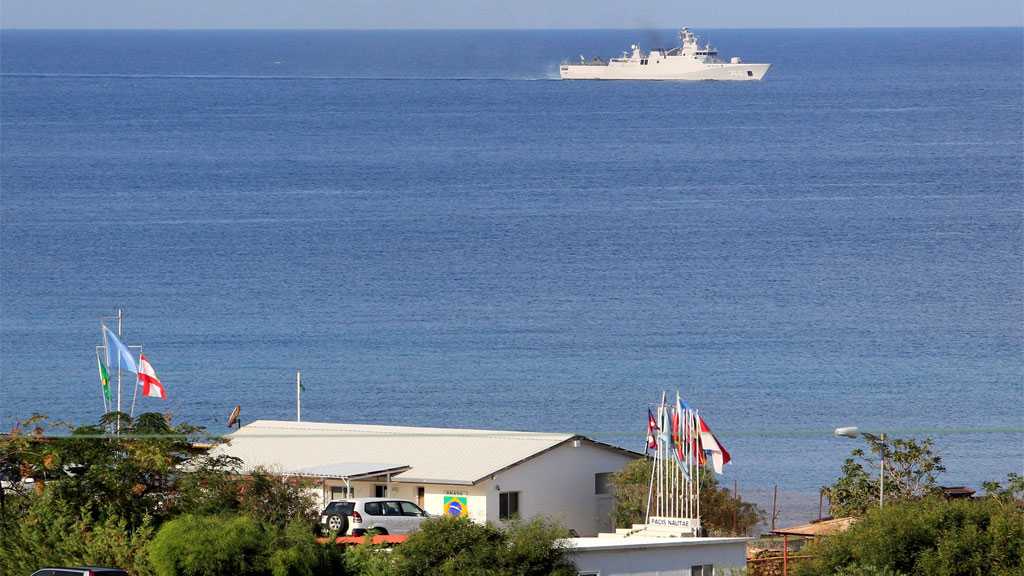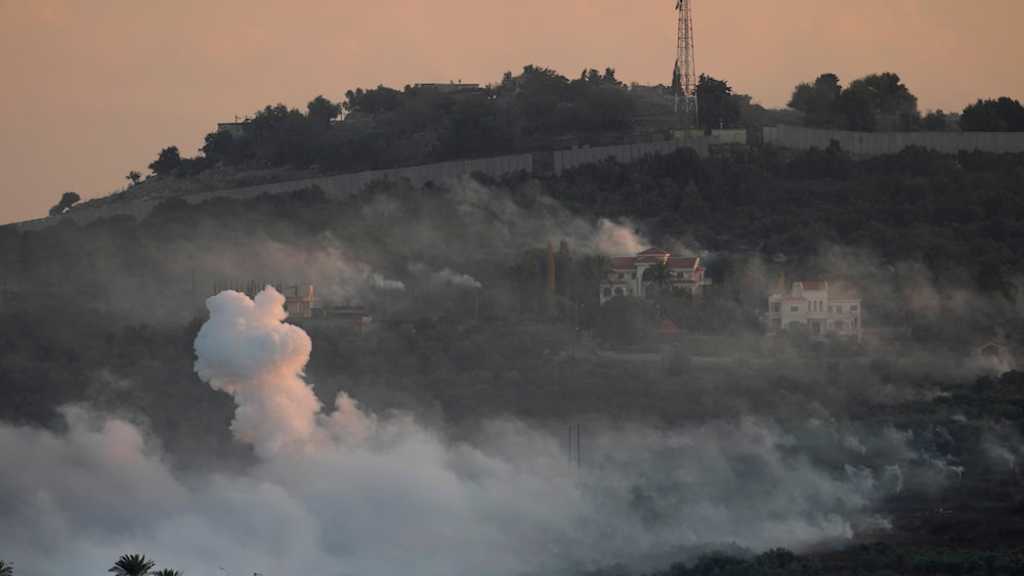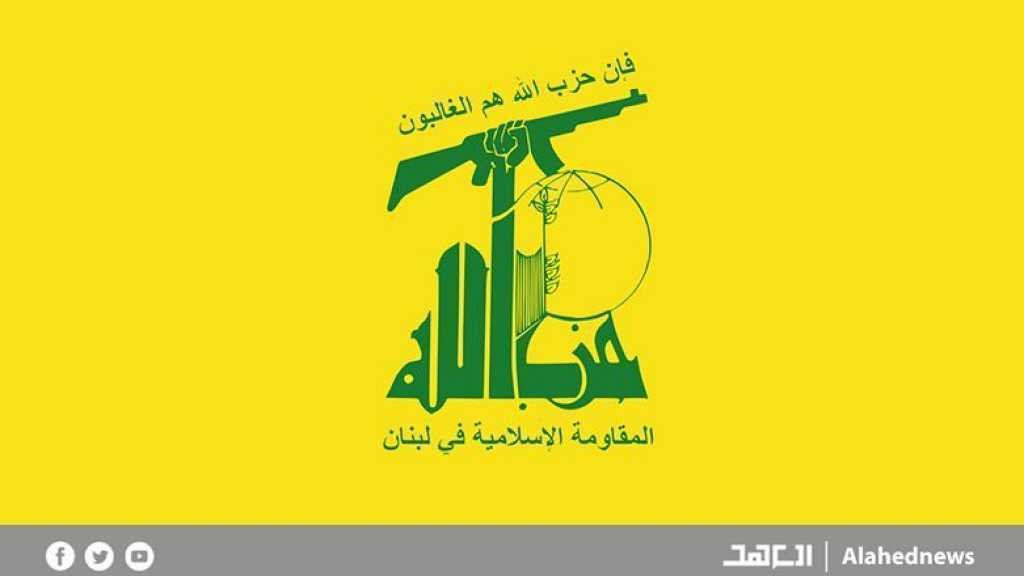
Lebanese President Warns ‘Israeli’ Entity Against a Unilateral View on Maritime Border

By Staff, Agencies
Lebanese President Michel Aoun warned that the ‘Israeli’ occupation entity cannot impose a unilateral view on the disputed maritime border in a meeting Monday with the American mediator responsible for the offshore border talks, according to a statement from the presidential palace.
Meeting at Baabda Palace with US Ambassador John Desrocher, Aoun presented the latest situation on the discussions over the disputed waters between Lebanon and the Zionist regime that came to an abrupt end over a month ago.
Aoun informed Desrocher of Lebanon’s desire to continue the indirect negotiations with the occupation regime alongside American mediation, “with the aim of reaching an understanding on the demarcation of maritime borders, in a manner that preserves the rights of the concerned parties, based on international laws.”
The indirect talks between Lebanon and the Zionist entity at the United Nations peacekeepers base in Naqoura were arranged to formally demarcate maritime borders over disputed southern territory in potentially gas-rich waters that both sides claim to be in their own exclusive economic zones [EEZ].
After a six-month hiatus, a new round of talks resumed at the start of May, but after just one session they were halted as Beirut rejected preconditions set by Desrocher.
Desrocher had asked Lebanon’s delegation of Army officers and experts to stick to the previously accepted demarcation lines, following their claim of an additional 1,430 square kilometers of water which would significantly thwart the Zionist occupation’s hydrocarbon exploration.
The statement said Aoun asked Desrocher to push for “fair and impartial negotiations, without preconditions."
“‘Israel’ cannot impose a unilateral view on the path of negotiations,” the statement said.
Meetings began in October to try and resolve the dispute between Lebanon and the ‘Israeli’ entity, which share no diplomatic relations and are technically still at war. Each side claims offshore waters of around 860 square kilometers of the eastern Mediterranean Sea.
The zone, determined by experts to be abundant in natural gas, is a potential economic boon for Lebanon who has yet to procure its own gas, while the ‘Israeli’ occupation regime has already developed a natural gas industry for domestic use as well as to export.
Comments
- Related News



